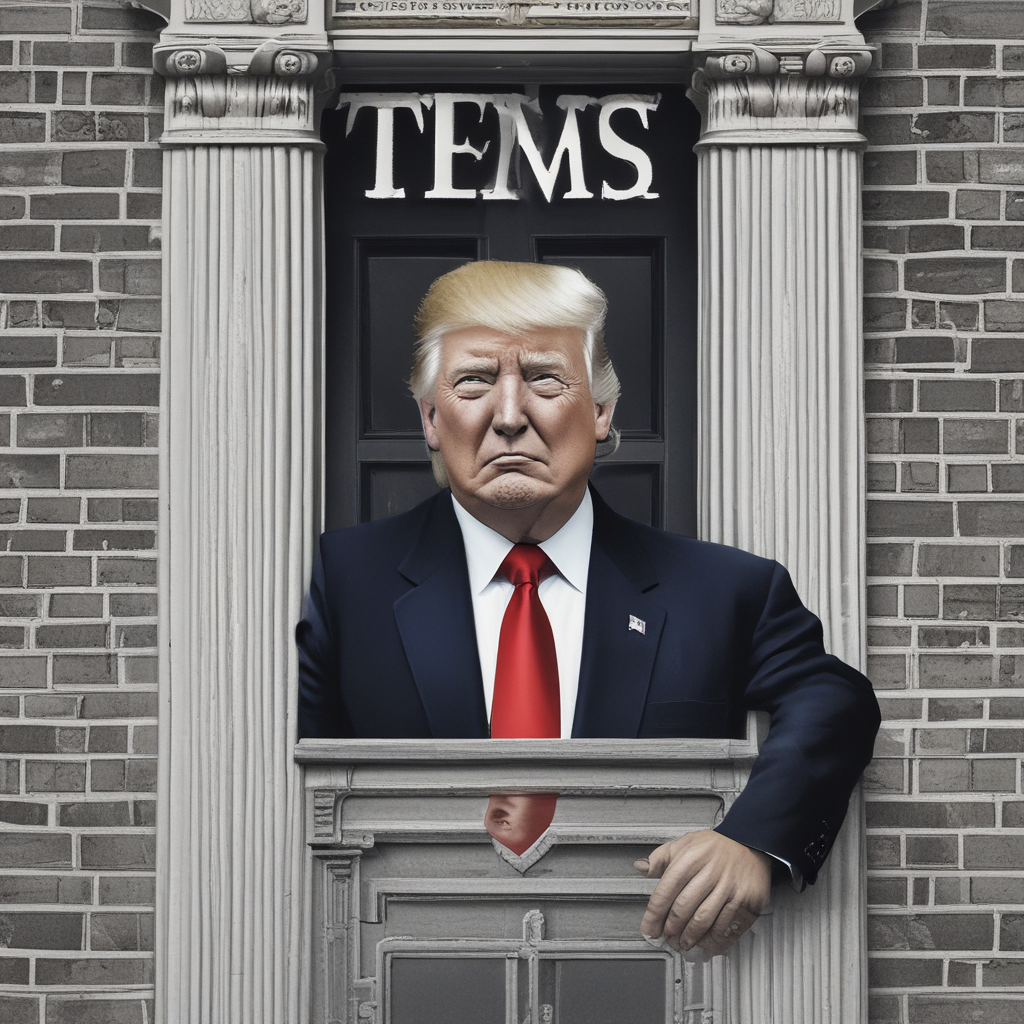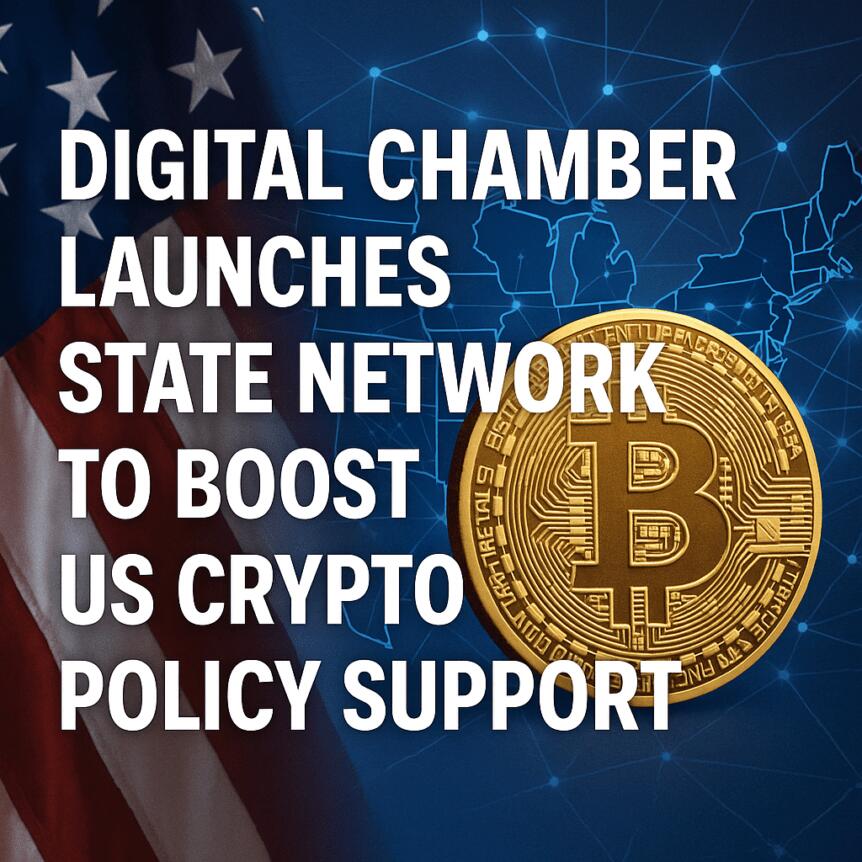As the cryptocurrency market evolves at an unprecedented pace, investors are turning their attention to utility tokens, which offer more than just speculative value by providing real-world applications and benefits within decentralized ecosystems. Heading into 2025, several utility tokens have emerged as top contenders, showing promising growth, adoption, and technological advancements. This article explores the most promising utility tokens poised to make significant impacts and gains in the upcoming year.
Token A: Scaling Blockchain Adoption
Token A has made waves in the cryptocurrency community with its focus on innovative blockchain scalability solutions, addressing one of the most significant challenges in the sector. Recently, the platform celebrated a critical milestone by surpassing 1 million active users. This achievement signals not only increasing adoption but also growing trust in Token A’s ability to provide a usable, efficient blockchain environment for decentralized applications (dApps).
Blockchain scalability has long been a bottleneck for mass adoption, often leading to congestion, high fees, and slow transaction speeds on many networks. Token A’s unique approach to scalability involves layered solutions and optimized consensus mechanisms that enable rapid processing without compromising security. The growth to over a million active users within its ecosystem highlights the practical viability of these technical enhancements, forging a path for more widespread blockchain integration in everyday digital activities.
Token B and the DeFi Revolution
Token B continues to expand its footprint in the rapidly growing decentralized finance (DeFi) market by integrating advanced smart contract functionalities. Over the past year, Token B has witnessed an impressive 150% increase in transaction volumes, signaling robust user engagement and a surging application base.
This growth reflects the increasing utility of Token B as it supports a broad range of DeFi applications, including lending, borrowing, yield farming, and decentralized exchanges. The platform’s ability to offer reliable and flexible smart contracts has attracted both developers and users looking for seamless and secure financial services without traditional intermediaries.
Michael Johnson, CEO of Token B, emphasized the platform’s strategic direction, saying, “Our latest platform enhancements demonstrate our commitment to expanding the DeFi ecosystem and delivering exceptional value to our users.” This statement underscores the management’s focus on continuous innovation to maintain a competitive edge and foster sustainable growth.
Token C’s Strategic Partnership Boost
Adding another layer of promise, Token C recently secured a strategic partnership with a major global technology company. This collaboration significantly enhances Token C’s ecosystem by integrating its utility token into broader real-world applications and expanding its market reach internationally.
Partnerships of this nature often serve to validate blockchain projects, providing access to resources, technological expertise, and new user bases. For Token C, the alliance brings increased credibility and a pathway to tangible use cases, such as supply chain management, IoT connectivity, or enterprise-level blockchain solutions. These developments can be pivotal for utility tokens striving to transition from speculative assets to indispensable tools within various industry verticals.
ESG Trends Driving Sustainable Utility Tokens
In addition to technological advancements and partnerships, recent market analyses reveal growing investor interest in utility tokens that emphasize environmental sustainability. Tokens launched on or migrating to blockchain networks centered around eco-friendly practices align closely with global Environmental, Social, and Governance (ESG) investment trends, which prioritize responsible and sustainable business operations.
This shift is particularly notable as the crypto market has historically faced criticism over energy consumption and environmental impact. Utility tokens adopting green consensus algorithms, such as proof-of-stake or hybrid models, are attracting a new wave of conscientious investors. This evolving landscape suggests that sustainability is not only an ethical consideration but increasingly a strategic investment criterion shaping token development and market success.
Token D’s Upcoming Protocol Upgrade
Looking ahead, Token D is set to release a major protocol upgrade in the second quarter of 2025, promising enhanced security features and significantly faster transaction speeds. This upgrade is anticipated to address some of the pressing concerns related to network vulnerabilities and latency, directly impacting user experience and trust.
Protocol upgrades like Token D’s are critical for maintaining relevance and competitiveness in the blockchain space. Enhanced security mechanisms help protect against evolving cyber threats and scams, while accelerated transaction processing reduces costs and improves scalability. The rollout of this upgrade is expected to further solidify Token D’s position among the top utility tokens to watch.
Expert Perspectives on Utility Token Evolution
Industry analysts agree on the growing significance of utility tokens as fundamental drivers of blockchain adoption. Jane Smith, Chief Analyst at CryptoInsights, remarked, “Utility tokens represent the future of blockchain adoption because they provide intrinsic value beyond mere speculation.” Her insight reflects a broader recognition that utility tokens power the ecosystem by enabling real applications rather than serving only as investment vehicles.
These tokens underpin decentralized applications, incentivize network participation, and foster innovative solutions across finance, supply chain, gaming, and beyond. As such, their developmental trajectory is closely monitored by investors and technologists alike.
Historical Challenges and Future Outlook
Utility tokens have not been without obstacles. They have historically grappled with regulatory scrutiny, which has led to uncertainty and volatility in some markets. Scalability issues have hampered user growth and application performance, while general market volatility has tested investor confidence.
However, recent advancements in blockchain architecture, cross-chain technology, and governance frameworks are systematically addressing these challenges. These improvements open the door for utility tokens to mature into essential components of the digital economy, rather than niche or emerging assets.
Looking forward, experts anticipate that tokens focusing on cross-chain compatibility will lead the market by facilitating smoother interoperability among different blockchain networks. This will enhance usability and foster ecosystem integration, which is vital for achieving the full potential of decentralized technologies.
Simultaneously, tokens emphasizing sustainable and ethical blockchain practices will likely attract a broader investor demographic, aligning cryptocurrency investments with evolving global standards on ESG factors.
The year 2025 has the potential to be a transformative period in which utility tokens solidify their roles as foundational pillars in decentralized applications and services. Their successful evolution will depend on continued innovation, strategic partnerships, and responsiveness to regulatory and societal expectations, heralding a new chapter in the blockchain industry’s growth trajectory.




